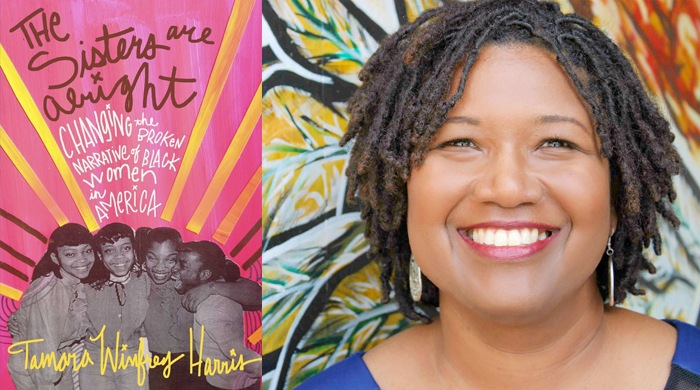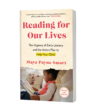In her compendium of propaganda against black women, “The Sisters Are Alright,” Tamara Winfrey Harris exposes America’s historical and ongoing contempt for “the sisters.” She identifies stereotype after devastating stereotype, from whitewashed beauty standards to angry-black-woman clichés, and calls for recognition of the diversity and humanity of black women.
Although billed as a pep talk, Harris’s collection of panicked headlines, cruel criticism, and biased studies assailing black women makes for tough reading. On more than one occasion, I thought, It’s a wonder any of us survive.
And that’s the point. Most black women are not thriving, because we are doubly burdened with racial and gender discrimination. When we show up in the real world, we are too often seen through a thick veil of negative stereotypes. This limits our educational and employment opportunities, threatens our health, and makes it difficult to solicit and receive help.
Harris describes the brutal, sometimes deadly, consequences. Witness the frightened Detroit homeowner who shot teenager Renisha McBride in the face when she knocked on his door to seek assistance after a car accident.
But Harris didn’t write this book to enlighten people who discriminate against black women. Her goal is to bolster our self-esteem so that we can better navigate the toxic landscape. She peppers the book with positive messages called Moments in Alright. These vignettes highlight positive notes about black women, such as business ownership and educational attainment progress, and anecdotes about us excelling and helping one another. The nuggets offer little relief, though, set as they are against a backdrop of grim stereotypes.
It’s often said that it takes five expressions of praise to balance out a single criticism, and in this instance I craved more detailed stories of black women overcoming adversity, more insight into the self-talk that helps us flourish, and more explanation of how we’ve come to know we are alright, even when media coverage and social customs suggest the opposite.
For me, the book was not uplifting. But it offered something more valuable: honest and unapologetic insight. It is a fine example of how to consume media thoughtfully–one writer’s conscientious rejection of the tired notions and labels society tries to pin on black women. It’s a tough job. I’m glad she did it.
If this post resonates with you, I bet you’ll enjoy my newsletter. I regularly send bookish news and notes out to more than 1,000 readers. Sign up here.


